Our Policy & Code of Conduct
Our Policy & Code of Conduct
KAPE Code of Conduct
1. Purpose
The purpose of this Code of Conduct is to clearly articulate to internal and external stakeholders our commitments, expectations, standards, and processes for preventing and responding to Sexual Exploitation and Abuse, Child Safeguarding and GEDSI mainstreaming within our organization and as it applies to all our programs.
2. Definition
- Sexual Exploitation: Any actual or attempted abuse of position of vulnerability, differential power, or trust, for sexual purposes, including, but not limited to, profiting monetarily, socially, or politically from the sexual exploitation of another.
- Sexual Abuse: Actual or threatened physical intrusion of a sexual nature, whether by force or under unequal or coercive conditions.
- Sexual Harassment: Any unwanted sexual advance, request for sexual favor, verbal or physical conduct of a sexual nature.
- Child Abuse: sexual abuse or other physical or mental harm deliberately caused to a child. Child abuse can be physical abuse, emotional abuse, neglect, sexual abuse and exploitation.
- Gender Equality: or equality between women and men, refers to the equal enjoyment by women, girls, boys and men of rights, opportunities, resources, and rewards. Equality does not mean that women and men are the same but that their enjoyment of rights, opportunities and life chances are not governed or limited by whether they were born female or male.
- Social inclusion: Means that all members and segments of a society enjoying equal rights and benefits in the political, economic, and social spheres, without discrimination based on sex, age, geographical area, ethnicity, place of origin, educational background, economic status, class, religion, disability, sexual identity, health status, or other factors.
- Disability: Refers to a person with a disability which means someone with an episodic or long-term physical, mental, intellectual, or sensory impairment which, in interaction with various barriers, may hinder their full and effective participation in society on an equal basis with others.
- Discrimination: Discrimination is when decisions are made based on a person’s social attributes such as gender, race or ethnic origin, religion, association, physical characteristics and/or other differentiations.
Please click the content below to download the full text as PDF:
- ZERO TOLERANCE (English Version, PDF)
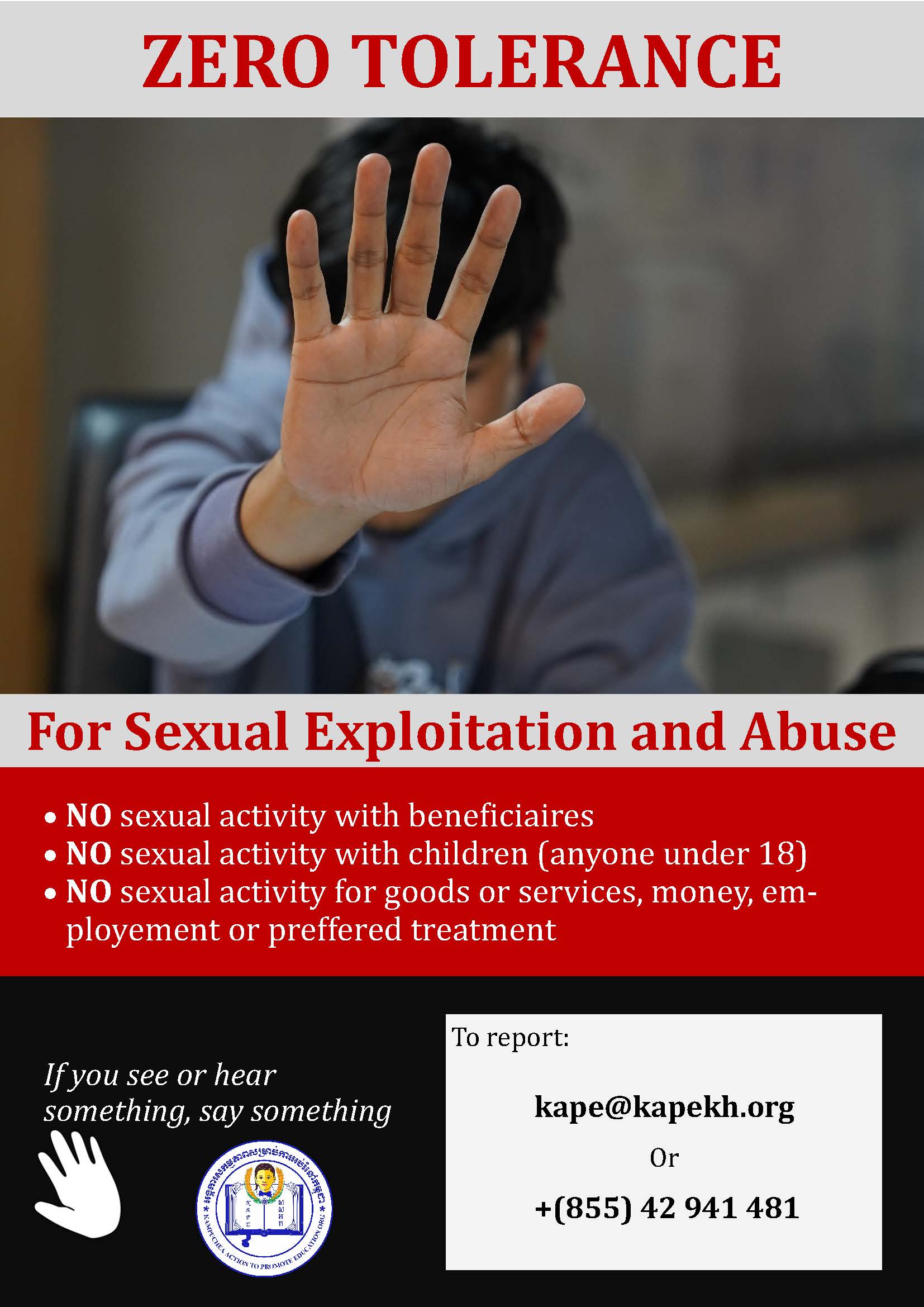
- Annex 1 Code of Conduct (English Version, PDF)
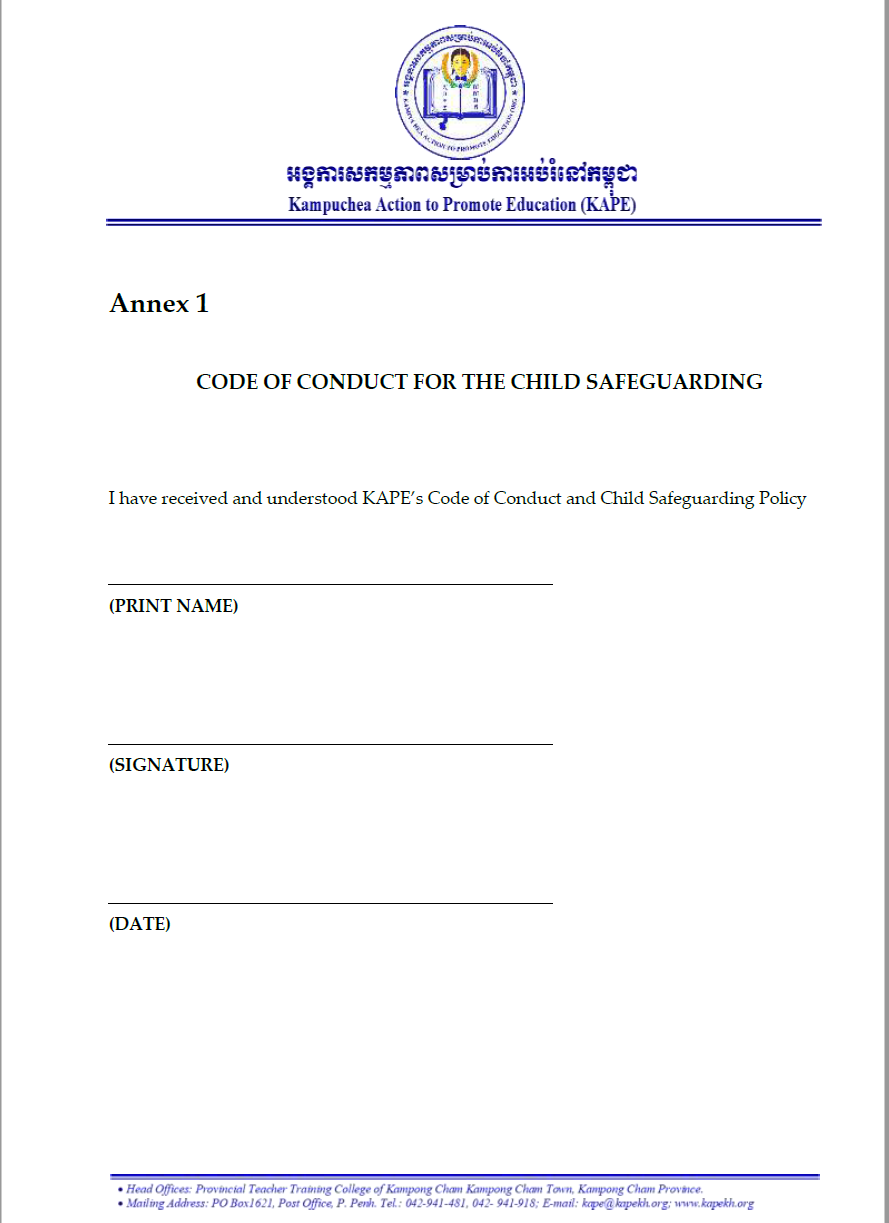
- Annex 2 Criminal History Declaration and Authorization Form (English Version, PDF)
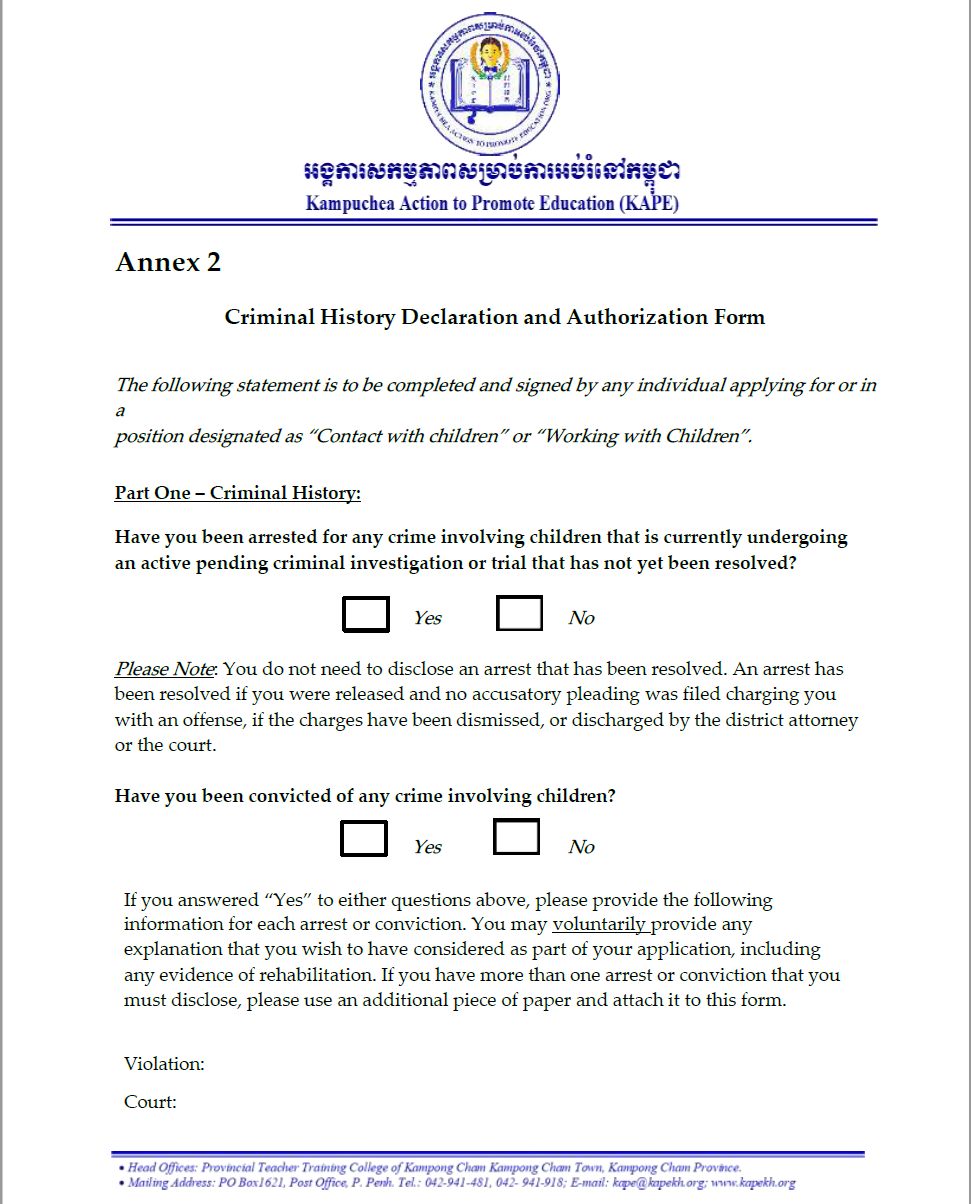
- Annex 3 Photo Authorization Format - Parents (English Version, PDF)
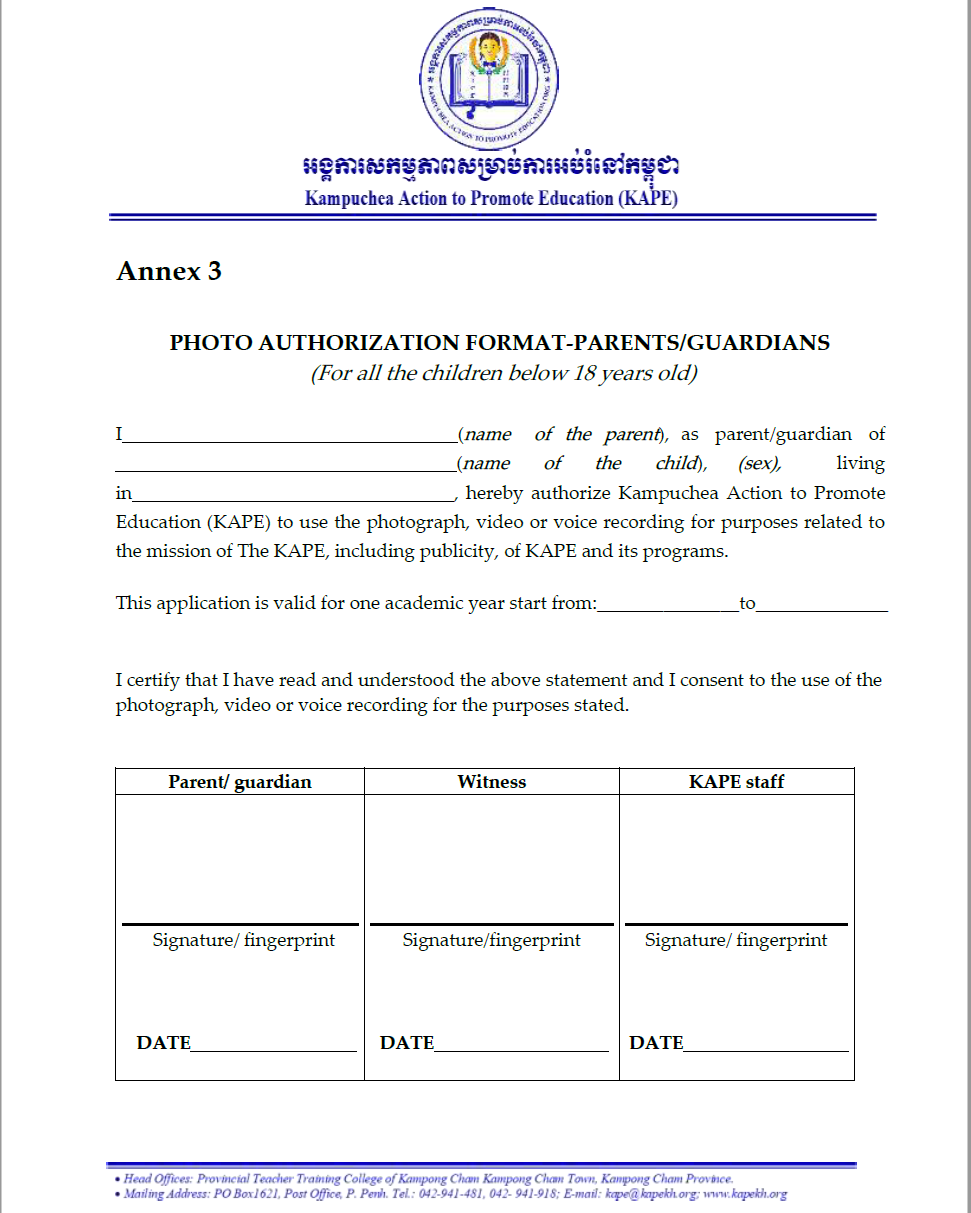
- Annex 4 Photo Autorization Format-School Director (English Version, PDF)
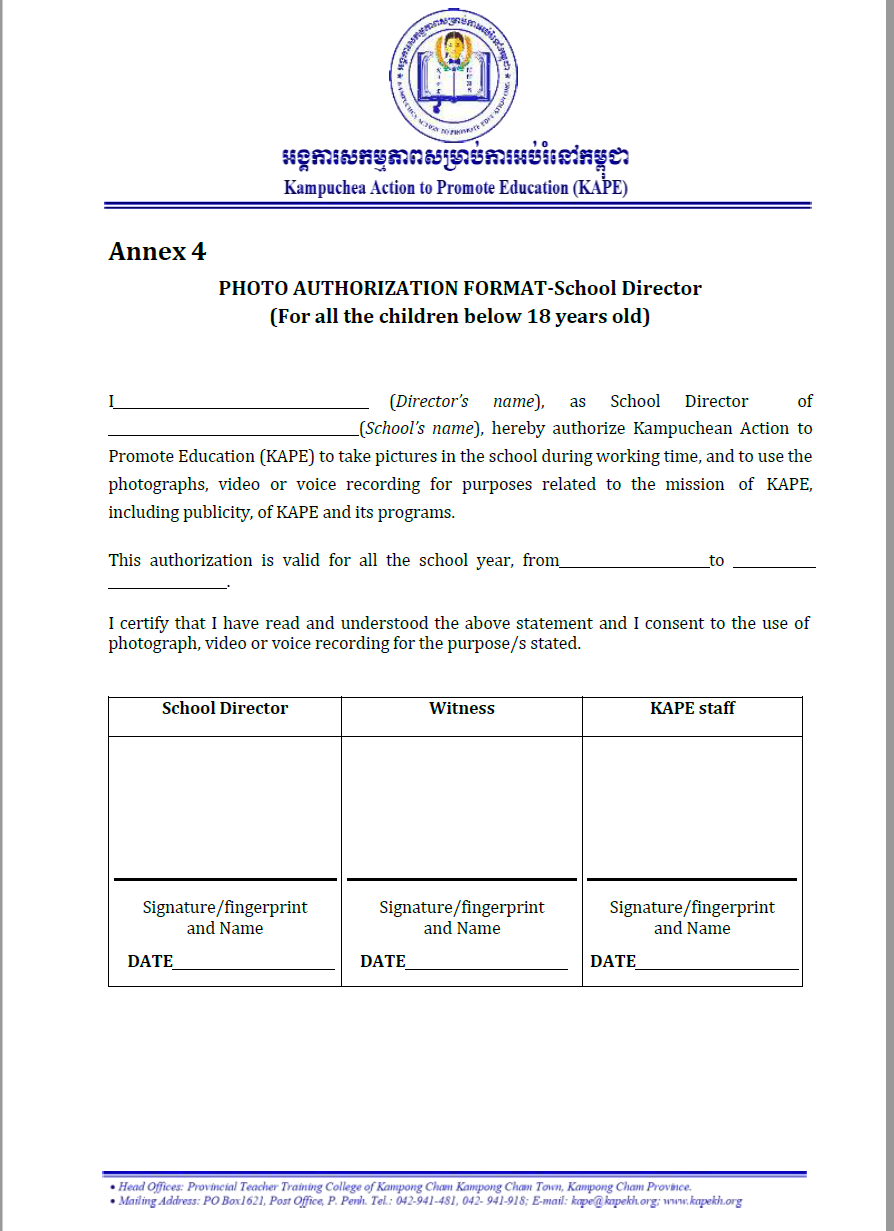
- Annex 5 CPP Format (English Version, PDF)
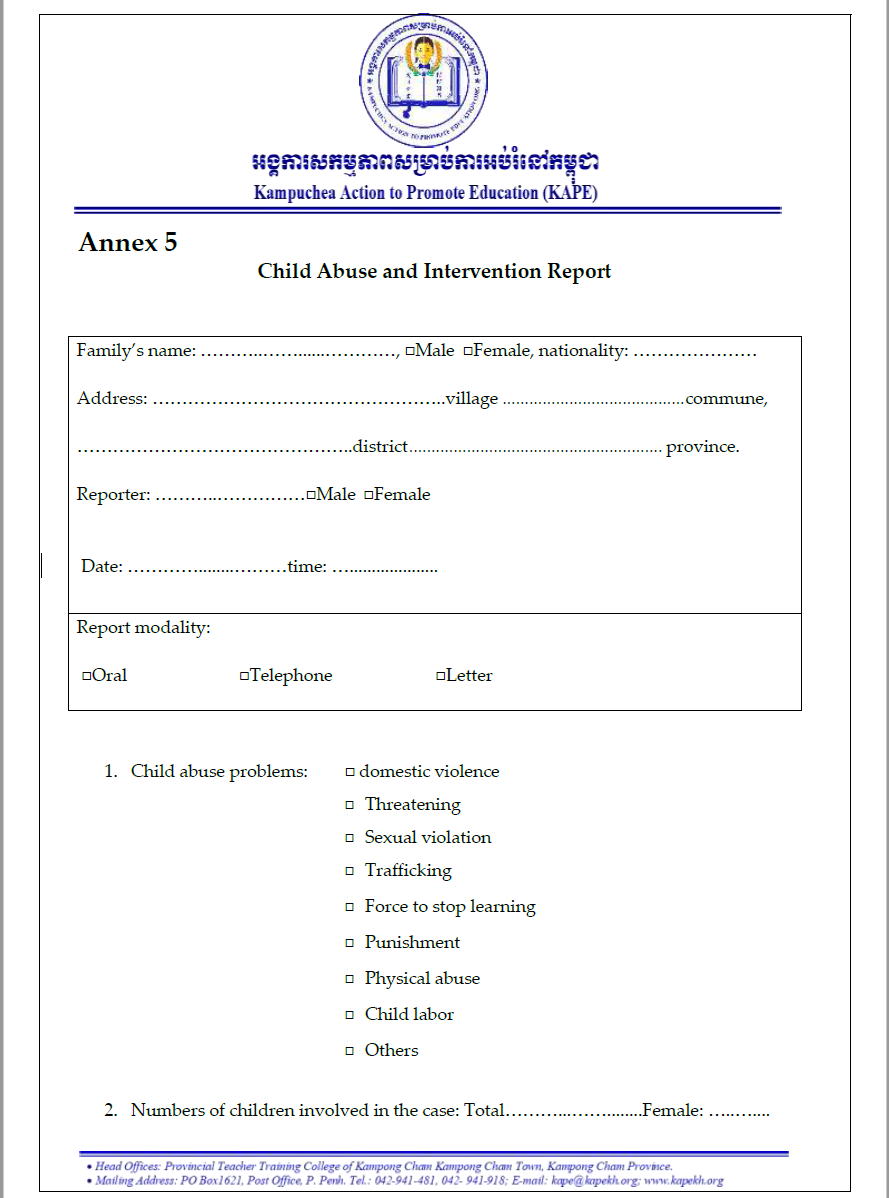
117
Preschool(s)
178
Primary Schools
207
High Schools
2
Higher Education Institutions
163,072
Students
4,487
Teachers/Directors
5,362
Stakeholders


